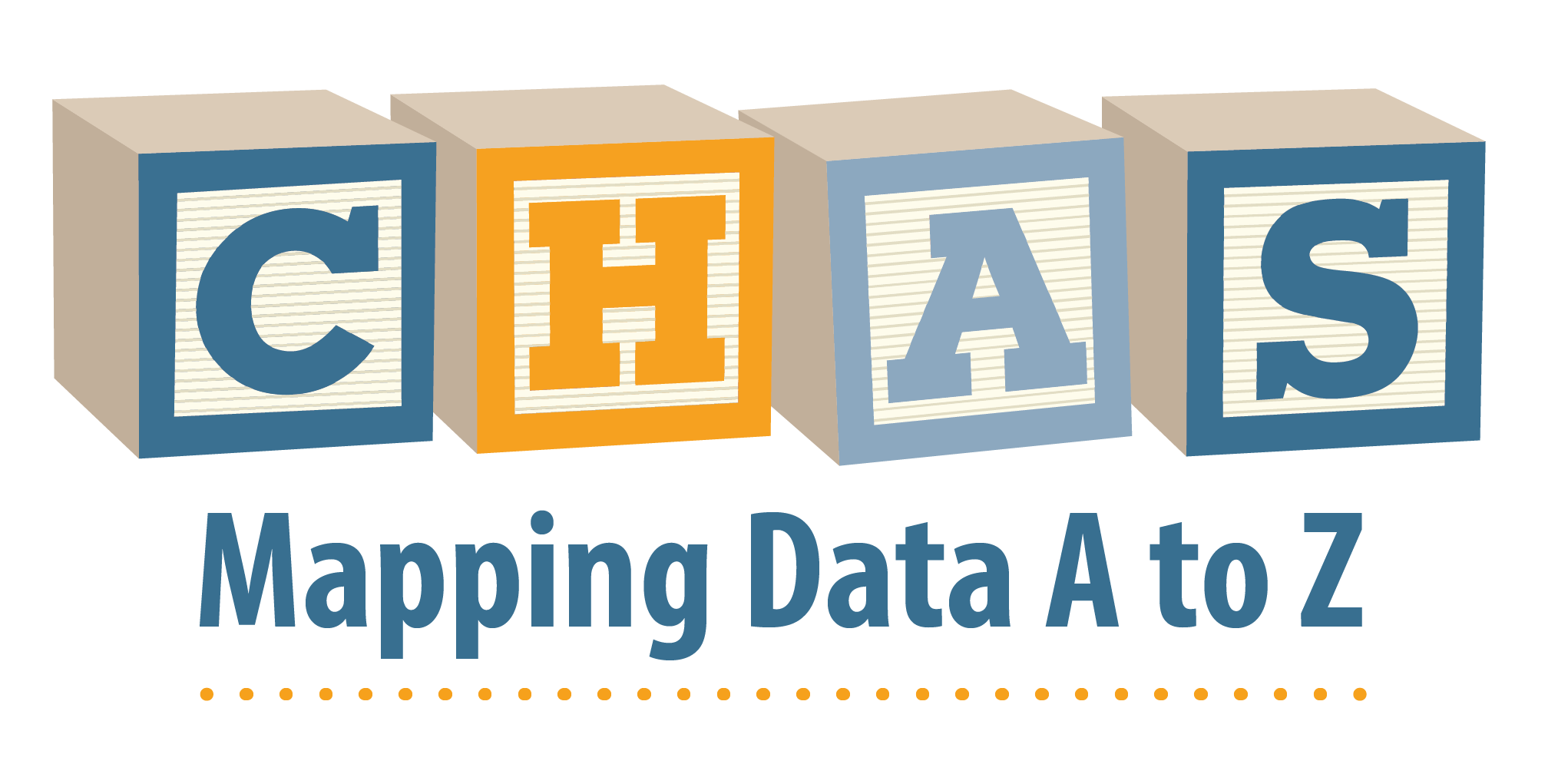
Enrolling in health insurance is tricky. But it’s not all rainbows and unicorns once you have coverage. Knowing how to actually use your health insurance is a whole other beast.
Despite my expertise in health policy, even I have unknowingly booked a dental appointment with a provider whom was out-of-network, meaning that the provider didn’t have a payment plan with my insurance company. I was stuck with a high bill because my insurance policy wouldn’t cover the full cost of care because the provider was out-of-network.
The real kicker: I actually did my due diligence and checked if my provider was in-network, albeit unsuccessfully. Many people aren’t even aware of the importance of checking first. But even if they are, finding accessible and up-to-date information can be difficult.
Ensuring that a provider is in network can help consumers avoid unexpected medical bills. In Colorado, 75 percent of people report that they are likely to check if a doctor is in-network before getting care. Residents of the Front Range are the most likely to do their homework.
In Douglas County, more than 82 percent of the population said they’re likely to check if a provider is in network before receiving care. It’s one of the most affluent counties in the state, so residents were probably already accustomed to using health insurance prior to ACA expansions, especially compared with people who are new to the game because of the ACA.
In contrast, the Northeast corner of Colorado, which includes Morgan, Washington, Yuma, Logan, Sedgwick and Phillips counties, had the lowest percentage of residents who said they’re likely to see if a provider was in-network before getting care. There were about 14,000 more people insured in this area (HSR 1) in 2015 compared with 2013, so many of those newly insured may still be learning the best way to use their coverage.
This isn’t just an issue for the privately insured. People in public insurance programs like Medicaid also should visit in-network providers. But they have resources that can make it easier to navigate the system. Regional Care Collaborative Organizations (RCCOSs) help connect Medicaid clients to Medicaid providers in their community. Such services are less common in the private health insurance sector.
Looking ahead, CHI anticipates more conversations about health insurance literacy. For additional information, check out the recent insight on Health Literacy in the Mapping Data A to Z series.


